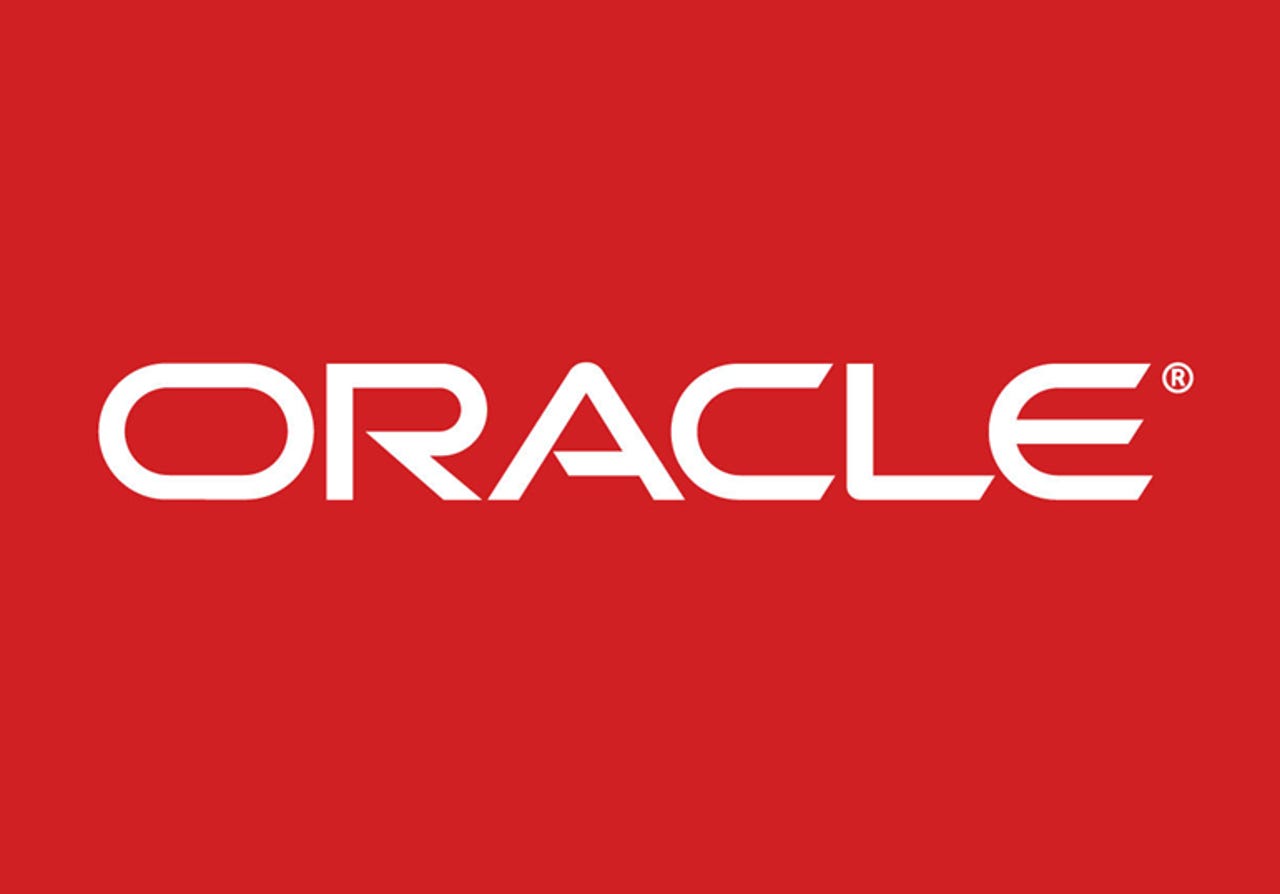#CXOTALK Oracle talks enterprise software suites


Oracle talks suites versus best-of-breed
We all know Oracle, a company with almost $40 billion in revenue and 136,000 employees. In recent years, the company has undertaken a transition from on-premise software to become a major cloud provider. This strategy shift has implications across the company, from product development to sales to marketing.
On episode number 182 of CXOTALK, I spoke with one of the company's top leaders, Steve Miranda, who is Executive Vice President of Oracle Applications Development. The conversation was wide-ranging, covering topics as diverse as cloud strategy, development process, and advice for customers on how to run better software implementation projects.
One of the key topics we discussed was the importance of Oracle's suite of software applications.
Among enterprise software vendors, the question of suite versus best-of-breed is a major point of debate, philosophy, strategy, and competition.
To oversimplify a complex issue, suite vendors argue that their products work together and share common data, user interface, and security. As a result, suites are easier to learn and use, while adding incremental features or modules is faster for the buyer, because the suite core is already installed. In contrast, best-of-breed software suppliers say they are laser-focused on being best in class, without the unnecessary overhead required to build the infrastructure of an entire suite. In consequence, these vendors believe their products are smaller, cheaper, and easier-to-implement.
Without diving into religious wars of who is right, suffice to say this is a complex set of issues with no definitive right or wrong answer. In general, larger vendors offer suites because of the massive time and investment required to build a complete program of enterprise software.
During our discussion, Steve explained Oracle's position on suites while providing background and context that will help all enterprise buyers better understand this important topic.
A brief, summary excerpt video from our conversation is embedded below. You can also watch the entire, 45-minute episode and read a full transcript.
Here is an edited transcript of the summary video above, with additional comments on software customization:
What is a suite and why is it so important for Oracle?
A suite is a collection of applications, [such as] HR, financials, supply chain manufacturing, and CX or customer experience. In every area, we compete against best-of-breed players or against players who also offer a suite or a subset of the suite. We stay very focused on the individual product pillars, and my team stays focused on being very, very competitive.
For our customers, integration is a cost, but not a subscription or license cost to us or our partners. It's a data cost between the two systems and it's a business process cost regarding how you orchestrate of what goes where.
[After determining] what's really differentiated for their business, [customers] will get faster value add and time to value by adding the next application in an integrated suite. It's faster to add, more economical to manage and maintain, and doesn't have this integration [cost].
What are the Oracle suite's points of differentiation?
Particularly now in the cloud, if you're just looking at baseline processes [of competitive systems], I think you are going to have a difficult time differentiating [among them].
Oracle in the cloud is uniquely differentiated [because] one, we bring some unique value propositions and history and security.
Two, we bring a tremendous amount of scale and globalization, so for larger enterprises, particularly in regulatory areas like financials and HR, and anything that deals in volume.
Three, we bring a uniqueness in terms of data. Not just BI embedded in the applications, but predictive capabilities through BI and predictive analytics. The underpinning of our data cloud, which we feel is unique in the enterprise space, combining third-party data with your first party data. By third-party data, I mean data that we collect over the internet, to give you better decision making in your application or better customer targeting even to people you don't know as a first-party to your enterprise.
I can get into differentiators in financials, HR, manufacturing, and CX but, broadly, look at data security, and overall security, and at depth and breadth. Then, if you look at data, those would be the three broad differentiators across our suite.
When should buyers customize the software?
It is technically impossible to customize our SaaS applications. By customizing, I mean anything that would preclude our upgrade, which happens twice a year, or that you would have to reapply after the upgrade.
However, to facilitate that we put a tremendous amount of effort in our new cloud build to have extensibility and allow you to personalize, or tailor the way this system operates.
We think we have a lot of pre-seeded, out-of-the-box best practices. Our cloud customers have the benefit of [our experience with] on-premise customers, tuning and learning over the years from the mistakes we've made and from the mistakes they have made.
We try to steer our customers into that area that matters most to them. When it means a lot to you, that's an area that probably makes sense to configure and personalize more. But, if it is an area that doesn't make a difference for your end stakeholders, we have a good out-of-the-box product and would advise customers to stick with that as much as possible.
CXOTALK brings the world's most interesting innovators directly to you, without filters or interruption. See our list of upcoming episodes and read the entire transcript of this show.